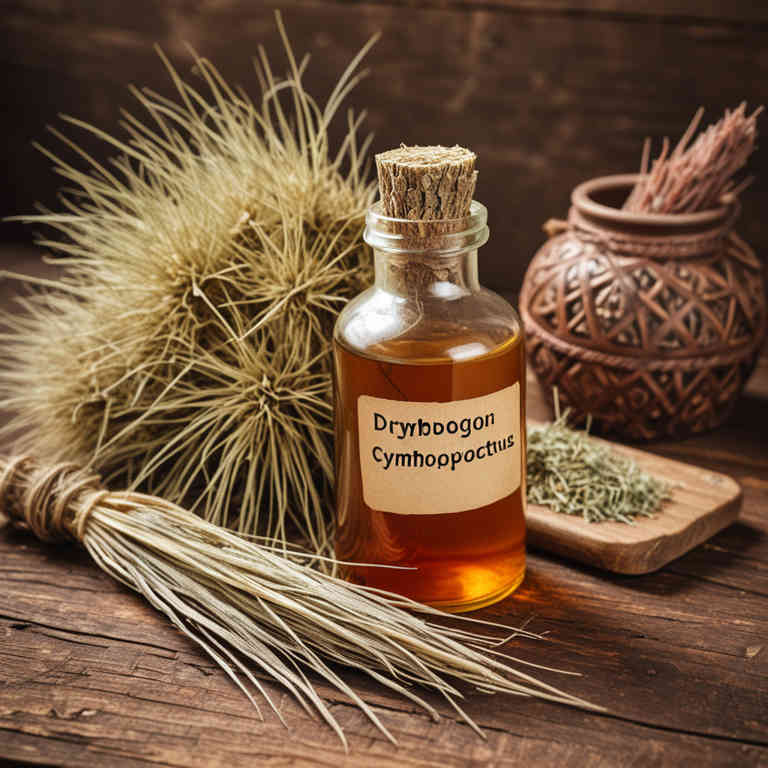Cymbopogon citratus tincture for medicinal use

Cymbopogon citratus tincture is a herbal preparation made from the fresh leaves of lemongrass, a plant native to tropical regions.
It is commonly used in herbalism for its calming and digestive properties. The tincture is often taken internally to help relieve stress, anxiety, and digestive discomfort. It may also be applied topically to soothe skin irritations or reduce inflammation.
This preparation is valued for its pleasant aroma and mild therapeutic effects in traditional and modern herbal practices.
Uses
Cymbopogon citratus tincture has been used to treat various ailments for centuries, with roots in traditional medicine systems such as Ayurveda and Chinese medicine.
Historically, it was valued for its calming properties and was used to alleviate stress, anxiety, and digestive issues. In modern times, it is widely recognized for its potential to support mental well-being and is often used as a natural remedy for insomnia and mood disorders. The tincture is also appreciated for its antimicrobial and anti-inflammatory properties, making it useful in treating skin conditions and respiratory infections.
Today, it remains a popular herbal preparation in both alternative and complementary medicine practices.
Benefits
Cymbopogon citratus tincture has health benefits such as aiding in stress relief, improving digestion, and supporting respiratory health.
This herbal preparation, derived from lemongrass, is known for its calming properties that can help reduce anxiety and promote relaxation. It also contains antioxidants that may help protect the body against oxidative stress and inflammation. The tincture can be used to alleviate symptoms of nausea and may enhance overall well-being when consumed in moderation.
Its essential oils contribute to its therapeutic effects, making it a popular choice in natural health remedies.
Constituents
Cymbopogon citratus tincture active constituents include citral, myrcene, limonene, and geraniol.
These compounds contribute to the tincture's aromatic and therapeutic properties. Citral is primarily responsible for its strong citrus scent and is known for its antimicrobial and anti-inflammatory effects. Myrcene and limonene support digestive health and may have calming effects on the nervous system.
Geraniol is valued for its antifungal and antioxidant properties, making the tincture beneficial for various health applications.
Preparation
To make Cymbopogon citratus tincture, first gather fresh lemongrass stalks and chop them into small pieces.
Next, place the chopped lemongrass in a jar and cover it completely with a high-proof alcohol such as vodka or grain alcohol. Let the mixture sit in a dark place for 4 to 6 weeks, shaking the jar occasionally to ensure even extraction. After the steeping period, strain the liquid through a fine mesh strainer or cheesecloth to remove the plant material.
Finally, store the tincture in a dark glass bottle away from light and heat to preserve its potency and effectiveness.
Side Effects
Cymbopogon citratus tincture may lead to gastrointestinal discomfort, including nausea, vomiting, and diarrhea, especially when consumed in high doses.
It can also cause allergic reactions in individuals sensitive to lemon grass or related plants. Prolonged use may result in liver toxicity, as some compounds in the tincture can be harmful to liver function. Additionally, it may interact with certain medications, such as blood thinners, increasing the risk of bleeding.
Due to these potential side effects, it is advisable to consult a healthcare professional before using this preparation.